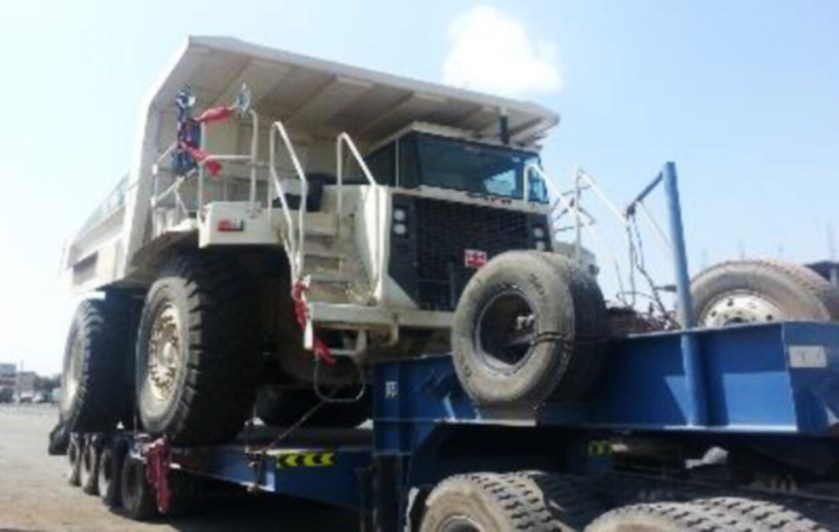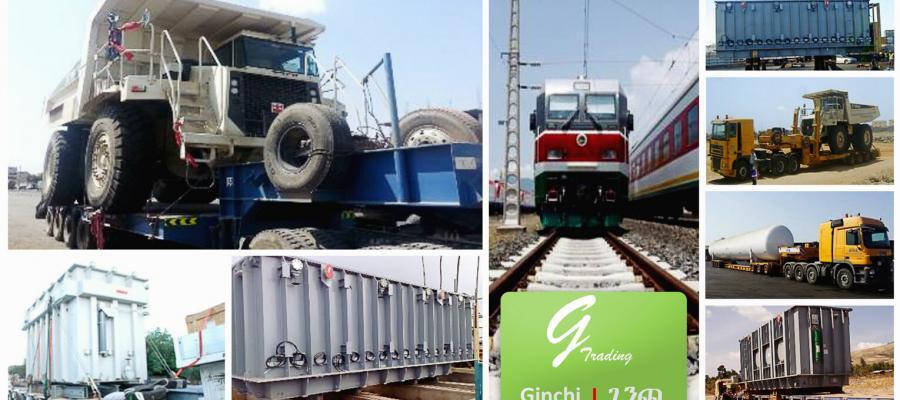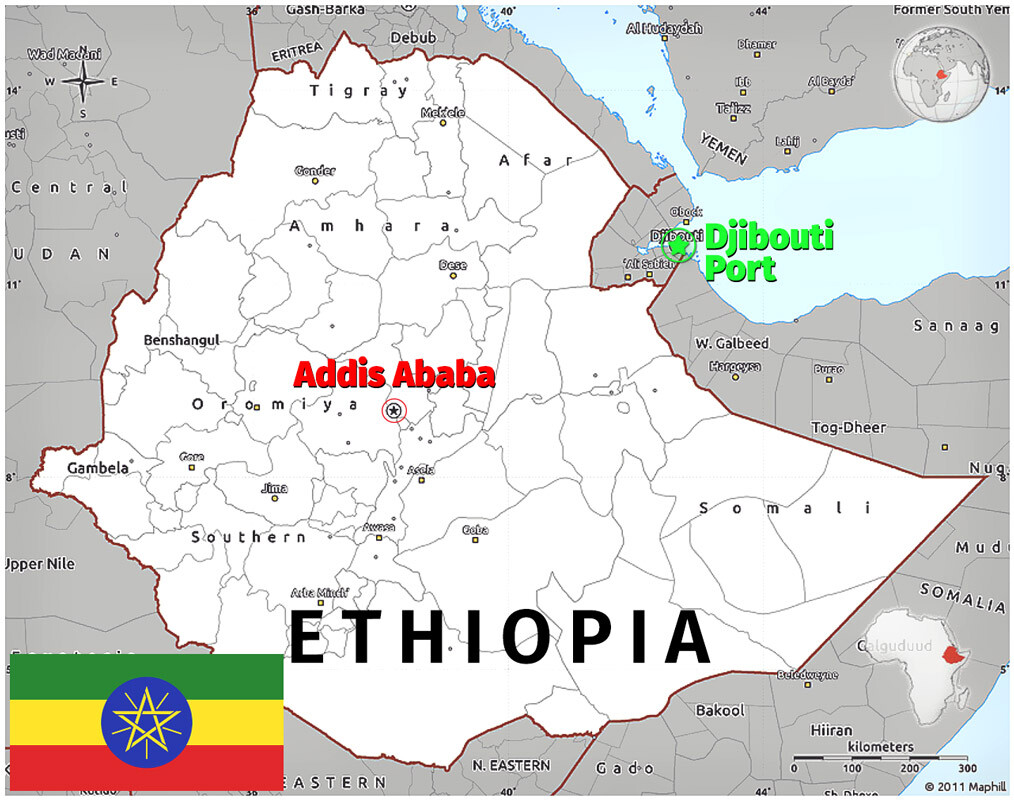Interview with
Mr. Tesfa Dagnachew
Managing Partner

First of all could you tell us a little about yourself, Tesfa. How did you get into the logistics business originally? What do you like about it?
I started as a finance person in a private, sunglasses manufacturing company back in 2001 and later joined a prominent logistics company in 2003 as their Operations Manager. I have worked with this company for 15 and a half years to gain experience both in the local and international logistics and freight forwarding businesses. From consignments of delicate fine arts to the country’s biggest project of moving 122-ton transformers to the remote part of the country were a few of the experiences I had with my former employer. In 2018, I moved to Ginchi Trading to run the logistics wing of the company.

When was Ginchi Logistics established? Who are the current owners?
Ginchi Trading started back in 2011 as a trading company, shipping oil, seeds, and pulses globally from Ethiopia. Later in 2015, the company added logistics and freight forwarding wings to offer its clients a one-stop service. Ginchi Trading is a family-owned company—four brothers, one of them being myself.

Ethiopia is a rapidly developing country with a strategic location. Tell us about the seaborne trade. How does it reach Ethiopia mainly, and can you tell us about the ports and airports that are primarily used since Ethiopia is landlocked?
Ethiopia is the world’s 12th most populous country (estimated at 114,963,588 according to 2020 data from the UN) and at the same time, the fastest developing country. We say we are a land-linked country. Our main sea gateway is Djibouti Port which handles more than 85% of the volume of both imports and exports to Ethiopia. We use Port Sudan in North Sudan and Berbera in Somalia for the balance of the volumes. Our main airport gateway is Addis Ababa International Bole Airport with a capacity of 22 million passengers and 1.2 million tons of cargo per year.
What is the distance from Djibouti to Addis Ababa, and how is cargo normally transported between Addis and Djibouti? If cargo arrives in Djibouti with a final destination of Addis Ababa, where does customs clearance take place?
Djibouti is about 925 kms northeast of central Addis Ababa. Shipments are transported both by truck and rail service. Trucking takes about 3-4 days; rail is only 14 hours. Customs clearance will be done in Ethiopia either in Addis or other cities where the final destination is planned. There are about 14 ICDs placed strategically in different cities. As soon as goods arrive at the Djibouti Port, they will be moved to one of these ICDs.

Does Ethiopia have its own shipping line?
Yes, Ethiopia owns its flag shipping line, Ethiopian Shipping and Logistics Services Enterprise (ESL). ESL operates about 20 vessels, both conventional and containerized vessels, with two additional oil tankers.

Going back in history a bit, could you tell us about Eritrea and Ethiopia and the conflict that has been—which we understand has just ended—because looking from the perspective of a map, good relations with Eritrea means you have unfettered access to the ocean. So, is that also an option besides Djibouti?
It was unfortunate that the two sister countries entered into an unnecessary conflict for the past 20+ years. The saga just ended last year (2019) with the help of the now Nobel Peace Prize Laureate, Abiy Ahmed, Ph.D.Prime Minister of Ethiopia. Eritrea does have two active ports, Asab and Metsewa. Asab is the closest to the central part of Ethiopia while Mestewa is closer to the northern part of the country. There is a possibility of adding more ports if need be. Yes, this will create a big opportunity and give additional options to Ethiopia for port service. In addition, Ethiopia will take a lesson from Djibouti Port and will look for a concession on these and further ports by jointly developing the ports, too.

Can you provide us with a few examples of cargoes that you have handled recently?
Ethiopia is said to be the water tower of Africa. We do have so many lakes and rivers. The longest river in the world, the Nile River starts in Ethiopia. Our government is wise to use its natural resource of hydropower, and we are glad that we had the chance to handle several of these projects. We moved everything from containers to big transformers for the power generation house. We do have a few clients who are in the oil and gas vertical, and we were glad to move heavy equipment and long tanks, too.

Are you currently a member of any networks?
We are Ethiopian Freight Forwarders and Shipping Agents – EFFSA and FIATA Members .
What rule of thumb would you say exists if and when doing business with Ethiopia?
In regions like ours, you need young and energetic staff who can handle shipments despite all the ups and downs from different entities and long bureaucratic procedures. Communication is our core competence.
How is it best to get in touch with you?
I can be reached at tesfa.dagnachew@ginchi.net. I am also available on Twitter @DagnachewTesfa / @GinchiTrading, For WhatsApp / imo / Viber / Telegram /BOTIM/, please use the phone number +251-911-60 67 41.




